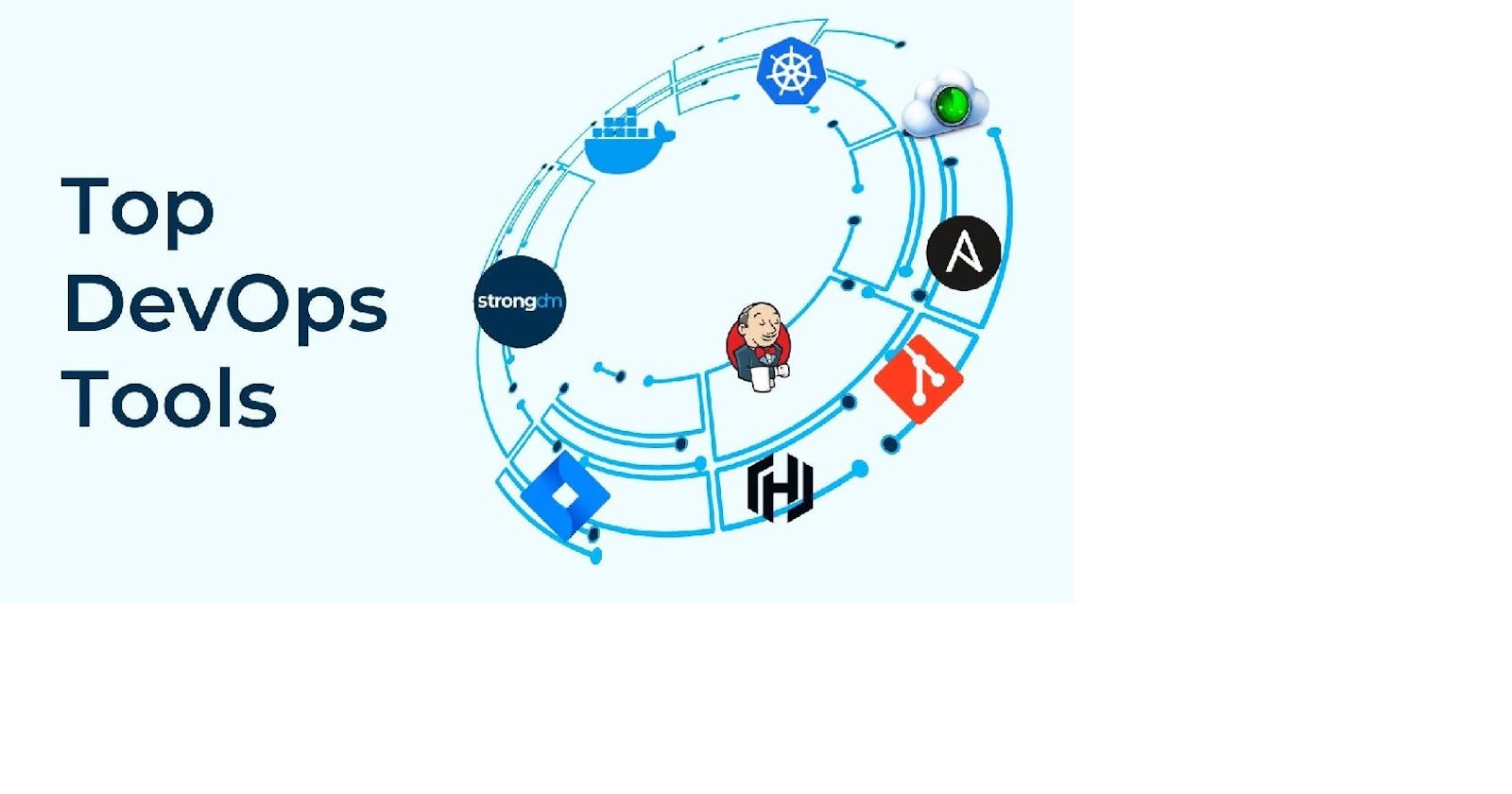Future-Proof: The Definitive List of the Top 10 DevOps Tools for 2023 and Beyond
Introduction: As technology continues to advance at an unprecedented rate, the demand for efficient and streamlined software development processes has never been higher. DevOps, a methodology that combines development and operations teams, has emerged as a vital approach for organizations aiming to deliver high-quality software at an accelerated pace. To support the DevOps culture and optimize workflows, a plethora of tools and technologies have been developed. In this article, we present the definitive list of the top 10 DevOps tools for 2023 and beyond, focusing on their ability to future-proof software development practices.
Kubernetes: Kubernetes has solidified its position as the leading container orchestration platform, enabling organizations to manage and scale containerized applications effortlessly. Its ability to automate deployment, scaling, and management of applications across various environments has made it a go-to tool for DevOps teams worldwide.
Jenkins: Jenkins, an open-source automation server, remains an integral part of the DevOps ecosystem. It provides a robust platform for continuous integration and continuous delivery (CI/CD), allowing teams to automate building, testing, and deploying applications. Jenkins' extensive plugin ecosystem and flexibility make it a reliable choice for DevOps practitioners.
Ansible: Ansible, a powerful configuration management and automation tool, helps simplify infrastructure management and application deployment. Its agentless architecture, declarative language, and vast library of modules make it an ideal choice for DevOps teams seeking efficient configuration management, orchestration, and application deployment across different environments.
Git: Git, a distributed version control system, has revolutionized software development collaboration. Its flexibility, speed, and excellent branching and merging capabilities make it an indispensable tool for source code management. With its widespread adoption and continuous development, Git has firmly established itself as a future-proof tool for DevOps.
Docker: Docker, a containerization platform, has gained immense popularity for its ability to create lightweight and portable containers that encapsulate applications and their dependencies. By promoting consistency and eliminating environmental discrepancies, Docker simplifies the deployment process and enhances scalability, making it a must-have tool for DevOps professionals.
Prometheus: Prometheus, an open-source monitoring and alerting toolkit, plays a vital role in maintaining the health and performance of software systems. Its flexible data model, powerful query language, and extensive integrations allow teams to gain valuable insights into their infrastructure, applications, and services. As monitoring becomes increasingly critical in DevOps, Prometheus remains at the forefront.
Terraform: Terraform, a cloud infrastructure provisioning tool, enables teams to define and manage infrastructure as code. Its declarative syntax and vast provider ecosystem facilitate the automation of infrastructure provisioning across multiple cloud providers and services. With the rise of cloud-native architectures, Terraform becomes an essential tool for DevOps engineers.
Splunk: Splunk, a leading log management and analysis platform, helps organizations monitor, analyze, and troubleshoot their applications and infrastructure effectively. Its advanced search capabilities, real-time data processing, and powerful visualization tools enable DevOps teams to gain actionable insights from machine-generated data, enhancing system reliability and performance.
ELK Stack: The ELK Stack (Elasticsearch, Logstash, and Kibana) provides a powerful set of tools for log management and analysis. Elasticsearch offers a distributed search and analytics engine, Logstash facilitates log collection and parsing, and Kibana enables data visualization. This stack provides comprehensive log analysis capabilities, enabling DevOps teams to monitor and troubleshoot applications effectively.
Grafana: Grafana, an open-source analytics and visualization platform, enables teams to create insightful dashboards for monitoring and observability purposes. With its extensive plugin ecosystem and support for various data sources, Grafana empowers DevOps teams to visualize and analyze metrics, logs, and other critical data, facilitating data-driven decision-making.
Conclusion:
The DevOps landscape is constantly evolving, and staying ahead requires leveraging the right set of tools. The top 10 DevOps tools mentioned in this article, including Kubernetes, Jenkins, Ansible, Git, Docker, Prometheus, Terraform, Splunk, ELK Stack, and Grafana, offer powerful capabilities to streamline and optimize software development processes. By incorporating these tools into their workflows, organizations can future-proof their DevOps practices and ensure success in the dynamic world of software engineering.
